The turn of the 20th century was a rough time for African Americans in Omaha, Nebraska. In the previous decade, the population of Black people was rapidly falling while white supremacy was asserting itself more and more at the same time. This is the story of the death of an African American entertainer named James A. Smith (18??-1899).
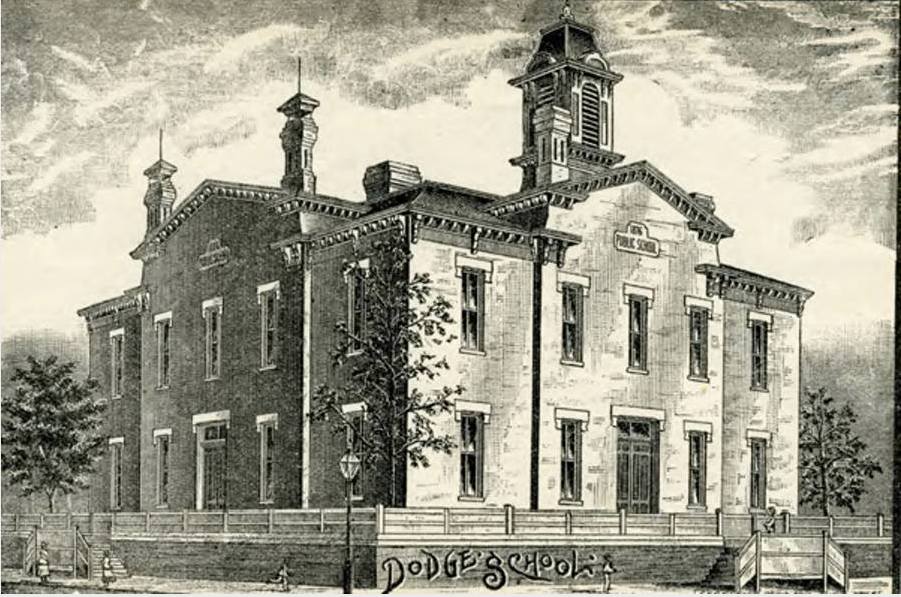
An African American performer named James A. Smith died suspiciously in August 1899 after being arrested by Omaha police. A musician, he was arrested for “loud talking” and booked at the downtown police station, then located at N. 9th and Dodge Street. As the police told it, Smith was walking down a hallway when he reportedly tripped and hit his head against a bench, dying instantly. In a court case afterwards though, a prisoner at the jail testified they heard a fight in the hallway, yelling, and the sound of something failing.
A loud voice cried, “Oh, oh,” and the prisoner thought to themselves, “S’pose some poor fellow’s getting his head kicked off.” Another person heard the cries, and saw a police officer jam Smith’s hat down over his ears. During the trial police officer referred to the lawyer for the opposition with a racial slur, and said it “was merely in a jovial way, with no malice intended.” During the trial of the police officer, Vic Walker, a former African American lawyer who owned the Midway Saloon where Smith had been seen on the night he was killed said, “In my opinion [the police officer] doesn’t like a colored man.” According to Walker, the officer was in the Midway every night, and referred to every Black man with a racial slur. During the course of the trial, it was revealed that the officer was jealous and angry of Smith’s marriage to a white woman, and that the officer held a grudge against him for this. Smith and his wife lived in Council Bluffs, where interracial marriage was legal. It wasn’t legal in Nebraska. A police court found the officer guilty and held him in jail for a court trial.
Soon, members of the Young People’s Progressive Club, a group of African American youth, wrote to the Omaha World-Herald and commended it for “giving the true account of the murder of James Smith.” There was a “mass meeting of 200” African Americans held to raise money to pay for lawyers to prosecute the police officer in this case. A committee was formed to canvas the community, and “several hundred dollars” were immediately collected.
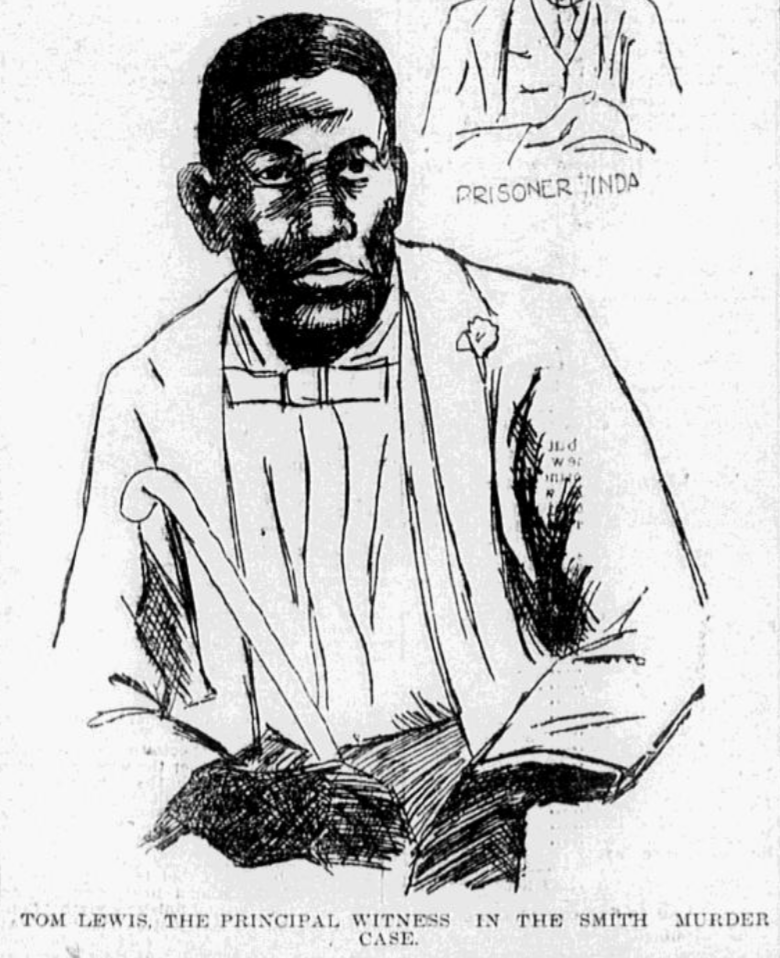
During the court trial, questions of guilt were immediately raised when coroners who attended the autopsy of James Smith suddenly disagreed on his cause of death. Arguing that he might have been shot before he was sent to jail, defense attorneys made one of the doctors confess that might have been a possibility. The trial veered wildly when the defense called witnesses, all of whom attested to different possibilities than had been laid out to the police court. In addition to the allegation of getting shot ahead of time, there were people saying Smith had bought a gun; that Smith had a fight with another man that resulted in the gunshot; and one man said he’d heard Smith get into an altercation in the alley behind the Midway that might have resulted in the gunshot.
There were also accusations that Smith was cheating on his wife; that Smith tried getting her gun from her and was rejected; that she was involved in killing him, and; that the policeman had once threatened Smith’s life in a social setting. At one point, Vic Walker said all of that was a distraction. Late in the trial local African American attorney Silas Robbins was retained to assist the county attorney and the deputy county attorney for the prosecution, at the request of the friends of James Smith.

The trial came down to a gunshot wound that wasn’t originally seen when Smith was arrested, and the question of the trial was whether the police officer fired the gun, or another figure. The prosecution called witness after witness, attesting to the absence of a gunshot wound, the absence of Smith being drunk, and everything else the defense brought up. In their verdict, the jury didn’t mention a gunshot wound; instead, they referred to the wound as a puncture. One witness suggested the police officer stabbed the man causing the wound; a coroner in the original inquisition said he felt a bullet in the hole. It didn’t matter, because the prosecution’s approach didn’t work. After a weeklong trial, the jury acquitted the policeman on the absence of evidence.
You Might Like…
MY ARTICLES ON THE HISTORY OF CRIME IN NORTH OMAHA
Crimes: 1891 George Smith Lynching | 1909 Unsolved Murder | 1910 Jack Johnson Riot | 1917 Larkin McCloud Case | 1919 James Smith Death | 1919 Will Brown Lynching | 1969 Vivian Strong Killing | 1960s North Omaha Riots |
Events: Bombings | Mob Violence
Criminals: Early 20th Century Crime Bosses | Vic Walker | Ollie William Jackson | Axe Murderer Jake Bird
Related: Black Police in Omaha | Police Brutality | Antisemitism | Racism
Elsewhere in Omaha: 1906 Murder of Ed Flurry | 1899 Kidnapping of Ed Cudahy | 1890 Pinney Farm Murders
BONUS




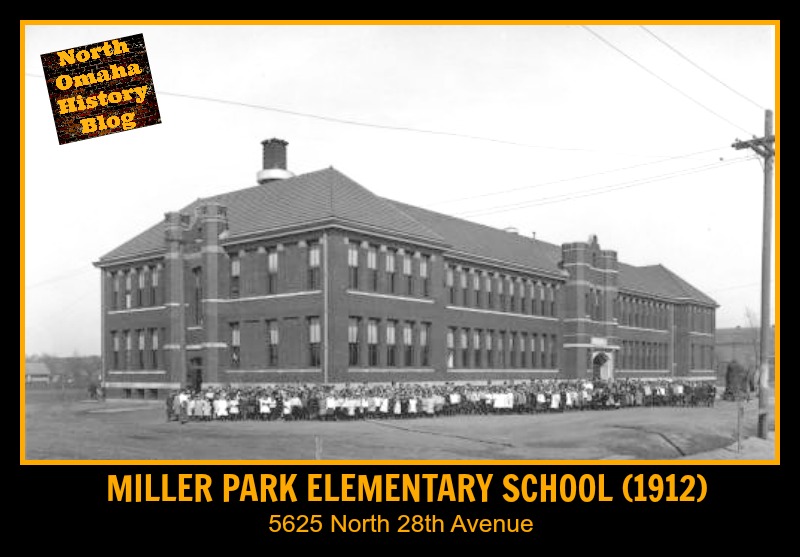

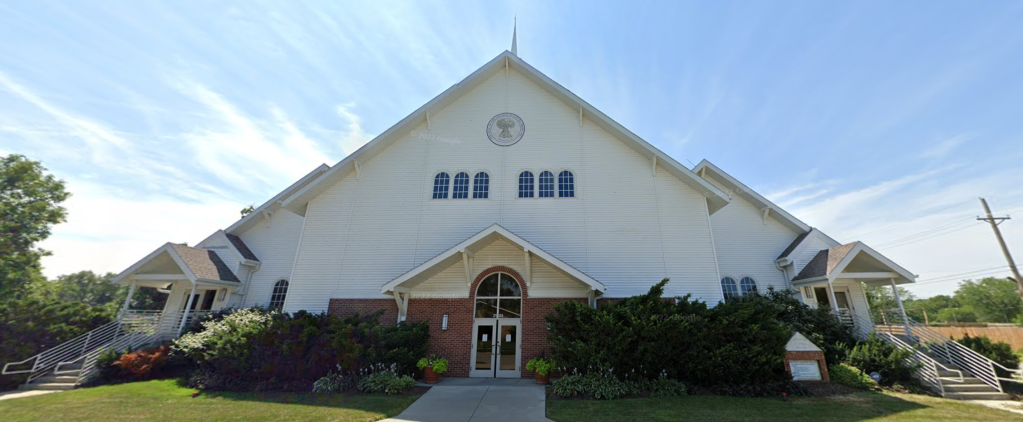
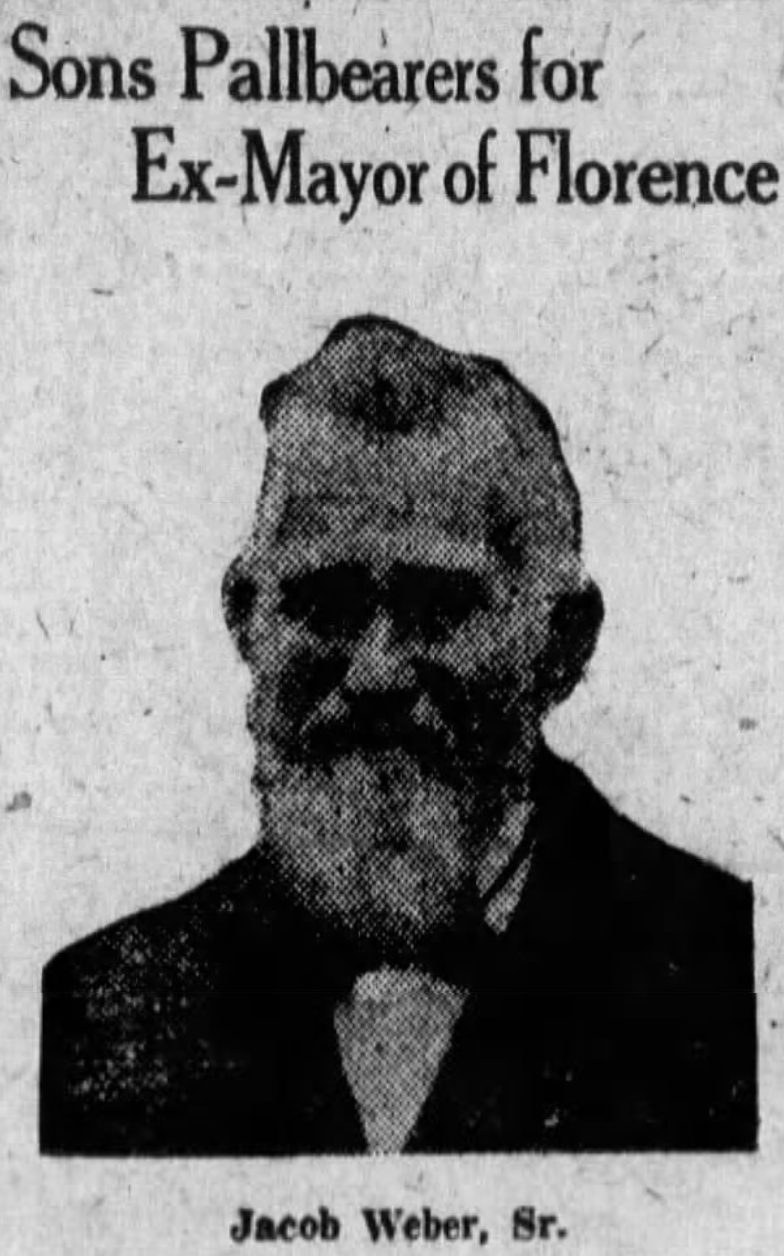
Leave a comment